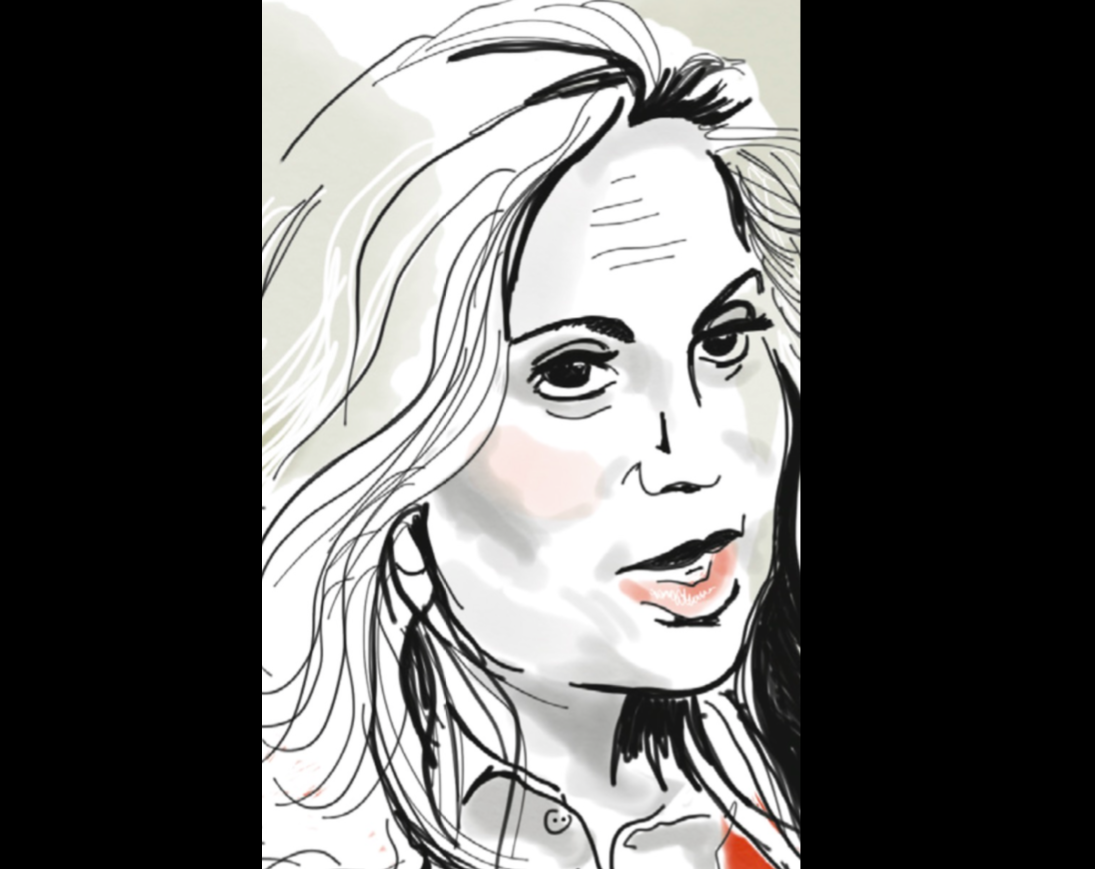It was reported yesterday that a Saudi court punished a 75-year old Syrian woman with 40 lashes, four months imprisonment, and deportation from the country. Her crime? Saudi’s morality police found her in her home with two unrelated men. The men claim they were there to deliver bread to the elderly woman.
The purpose of the men’s visit is irrelevant, though, as the punishment meted out was merely for their presence in her home. According to the moral police, the woman and two men were committing khulwa, the moral crime that occurs when an unrelated man and women are in a state of seclusion. The men received lashings as well, 40 and 60 each, and jail terms.
The morality police force, known as the Commission for Promotion of Virtue and Prevention of Vice, is made up of thousands of policemen whose main purpose is to enforce religious code. In addition to ensuring that people perform their prayers on time, they tend to focus largely on enforcement of dress codes and strict segregation of the sexes.
These outer manifestations of religion are enforced at the expense of ethical and spiritual concerns. Perhaps the most egregious example of this was when the Commission stopped schoolgirls from leaving a burning building because the girls were not wearing proper Islamic clothing. Because the Commission hindered rescue efforts, 15 girls died in the fire. If it was a boy’s school on fire, rescue efforts would likely not have been hindered and everyone would have been saved. Being female cost these girls their life.
The Saudi obsession with sex segregation and dress codes makes me wonder what they are afraid of. Is the power of sexual desire so strong that a firefighter saving a girl from a burning building will be hopelessly lost to temptation?
Or is it possible that Saudi’s sexual apartheid can itself lead to increased promiscuity?
Speaking of harmful, unintended results: is it possible that this strict enforcement of religious code may lead to contempt of the religious code itself? The focus on modest clothing at the expense of morality, ethics, and even common sense, such that it leads to elderly women being lashed and young girls dying, can serve as a powerful protest tool against the already heavily politicized hijab.
In Inside the Head That Wears the Crown, Rabea Chaudhry explains what she thinks is the reason more and more Muslim women are leaving the hijab. Her piece is not intended as all encompassing; it is merely the beginning of the inquiry. Some women leave the hijab out of weakness, others out of strength, and still others out of defiance. Watching their female co-religionists suffering in deep, real ways all over the world because of a headscarf, women are sometimes moved to defy that symbol of oppression by rejecting it.
Asma T. Uddin is editor-in-chief of Altmuslimah.





And let’s not forget that rich Saudi guys are among the most hedonistic and indulgent when they travel abroad… making a complete mockery of the code they uphold at home.